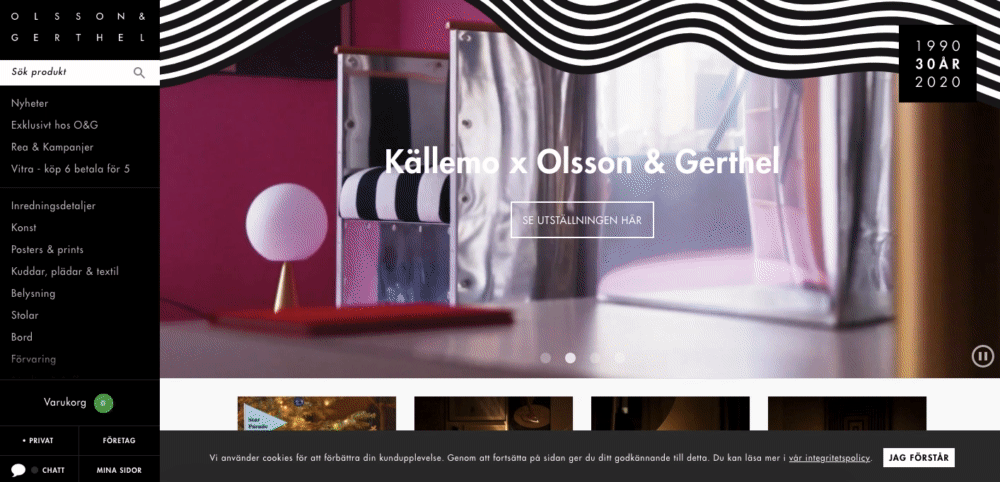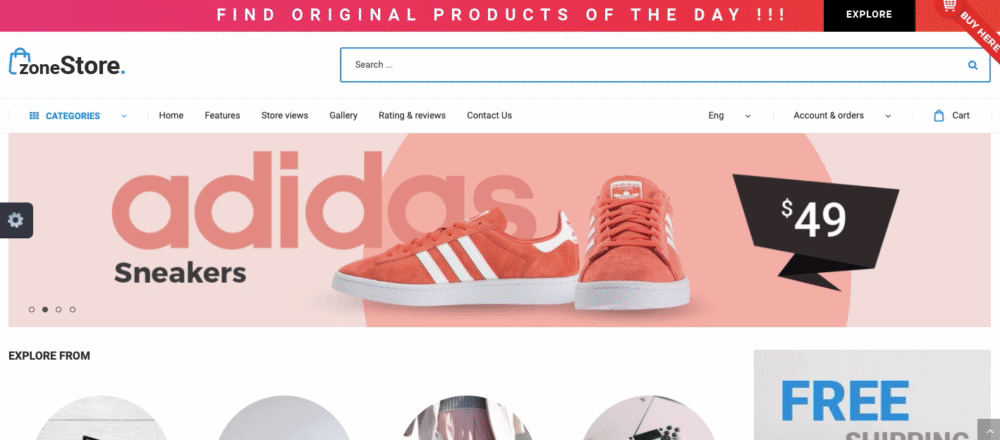So you’ve decided to get into online selling. It’s a pretty large world with as much potential as someone can make out of it.
Whether it’s buying, selling, or trading, the internet has vastly changed the idea of what the world considers to be a “free market,” and that concept is perpetually evolving. What is someone supposed to do when they want to get in on the action, though, and set up their own online shop? Well, thankfully, that is not the formidable obstacle that it used to be in the early days of the internet.
Ever since the early 2000s, there have been myriad companies that have popped up who specialize in content management services. Content management services, or CMSs for short, facilitate software that allows clients to “set up shop,” so to speak. They typically do so by providing a place to host and manage personal data and assets. Meanwhile, they provide templates for customization, sturdy security protocols, and a vast amount of widgets and diverse
Outside of online sellers, these types of companies also help anyone looking for their own personal spot, ranging from online cooking blogs to private fitness instruction. The realm of possibilities is limitless with a solid CMS company.
With all this said though, what’s the best option for just getting started?
Drupal
If you’re doing research into the world of online ecommerce and starting your own online shop, then there’s a good chance that the name “Drupal” has come up during some of your searches.

Starting in 2001, Drupal is a content management service before anything else. Believe it or not, many of the websites and applications that you might already be using are powered by Drupal. It boasts an extensive package of content authoring and reliable performance. They allow ease of use for many of their clients, despite requiring a little bit of background knowledge.
Drupal is a reliable and
Speaking of Joomla, let’s take a look at them next!
Joomla
Joomla, also referred to as “Joomla!” in other contexts, is an
They provide a space for clients to set up their own domain for publishing personal web content on their websites. Web content ranges from discussion forums, photo galleries, ecommerce, and user communities to numerous other

Having won several awards over the years, Joomla has established itself as a top competitor in the world of ecommerce, second only to the CMS giant WordPress. Their reputation as a
Drupal vs. Joomla
Now that we’ve got a brief background on both, let’s recap the similarities. Both are
Ease of Use
When looking to set up an online shop, it’s best to find a service that will provide a lot of flexibility without being too difficult to use. If it takes any amount of online classes or resources to understand how to use their services, then it’s probably going to be more of a hassle than it needs to be. In regards to Drupal vs. Joomla, Joomla immediately jumps out as the clear winner. Their dashboard is intuitive and easily guides a new user around to whatever they might need to get set up. The tools provided are clear, and their text formatting options are diverse.
Drupal, on the other hand, is not as
Performance
We’re speaking about the online world, so when you need your content to load, you need it to load quickly. Fast loading services and reliable site functions are what keep a customer returning for more business.
Two main factors affect this speed: the CMs provider and the hosting platform and plan you plan to use.
With both being
Security
Once again, this one ends in a tie. When it comes to security for Drupal vs. Joomla, both provide excellent security. Both offer consistent patches and updates to stay on top of potential exploits. They also deliver an extensive package of widgets to allow personal customization in regards to site security.
Overall
Overall, if you’re weighing your options between Drupal vs. Joomla, it comes down to personal needs. For a newcomer to online selling, we would recommend Joomla for its ease of use and popularity.
For a larger enterprise with some greater experience in the web content development world, we recommend going with Drupal for their massive amount of customization options, once the higher learning curve is surpassed. Always choose what’s right for you, and don’t be afraid to test the waters. Remember: it’s all free!









